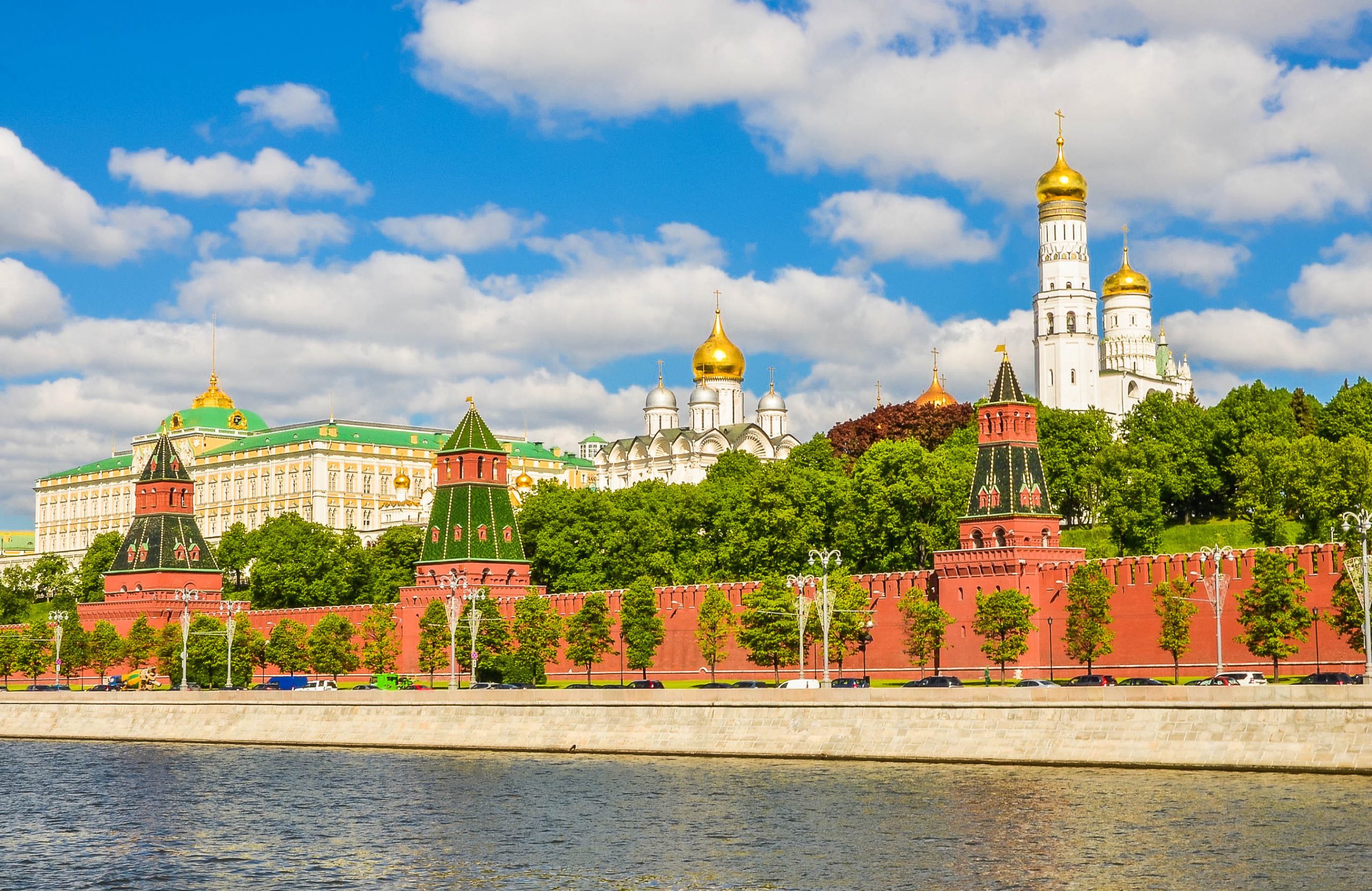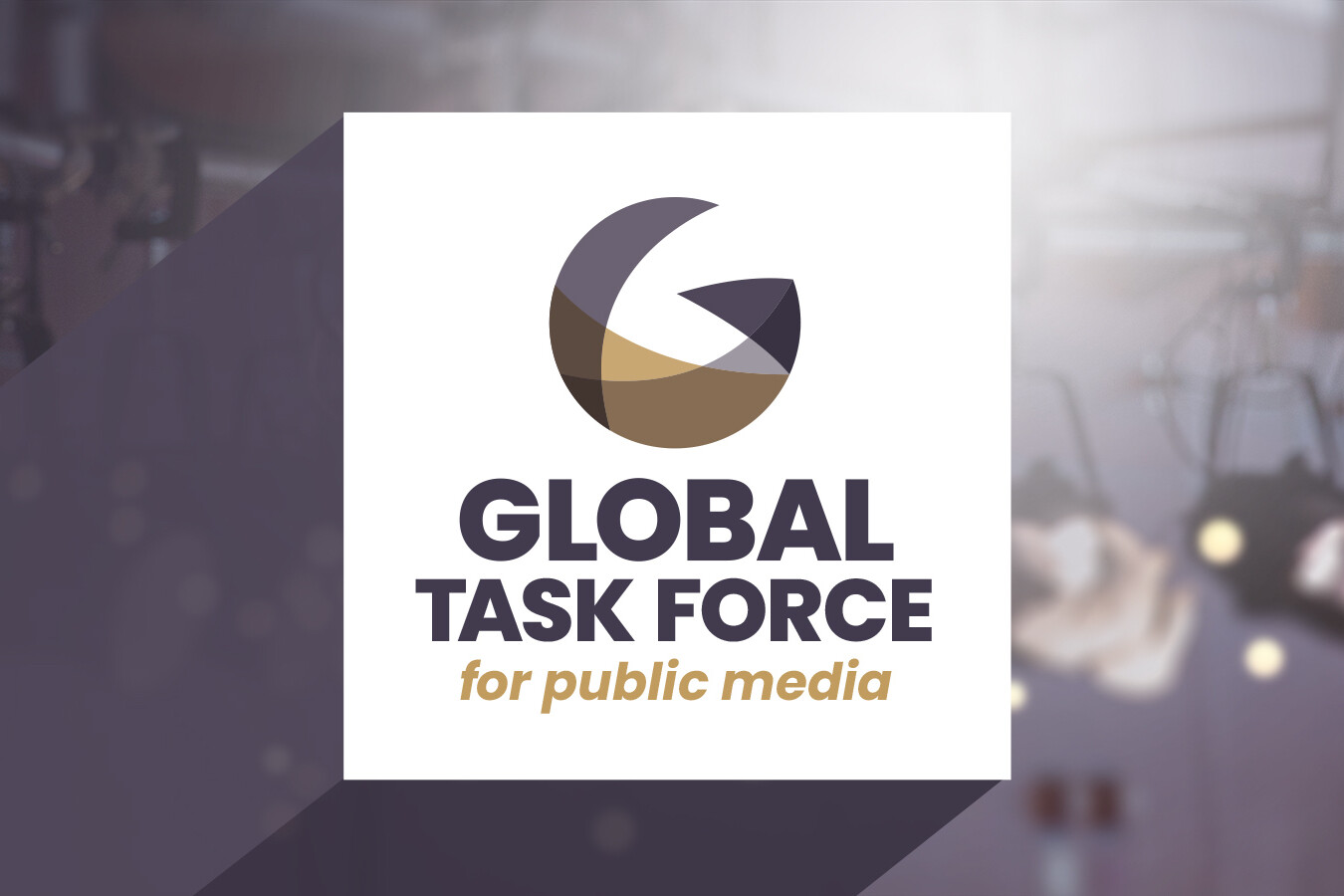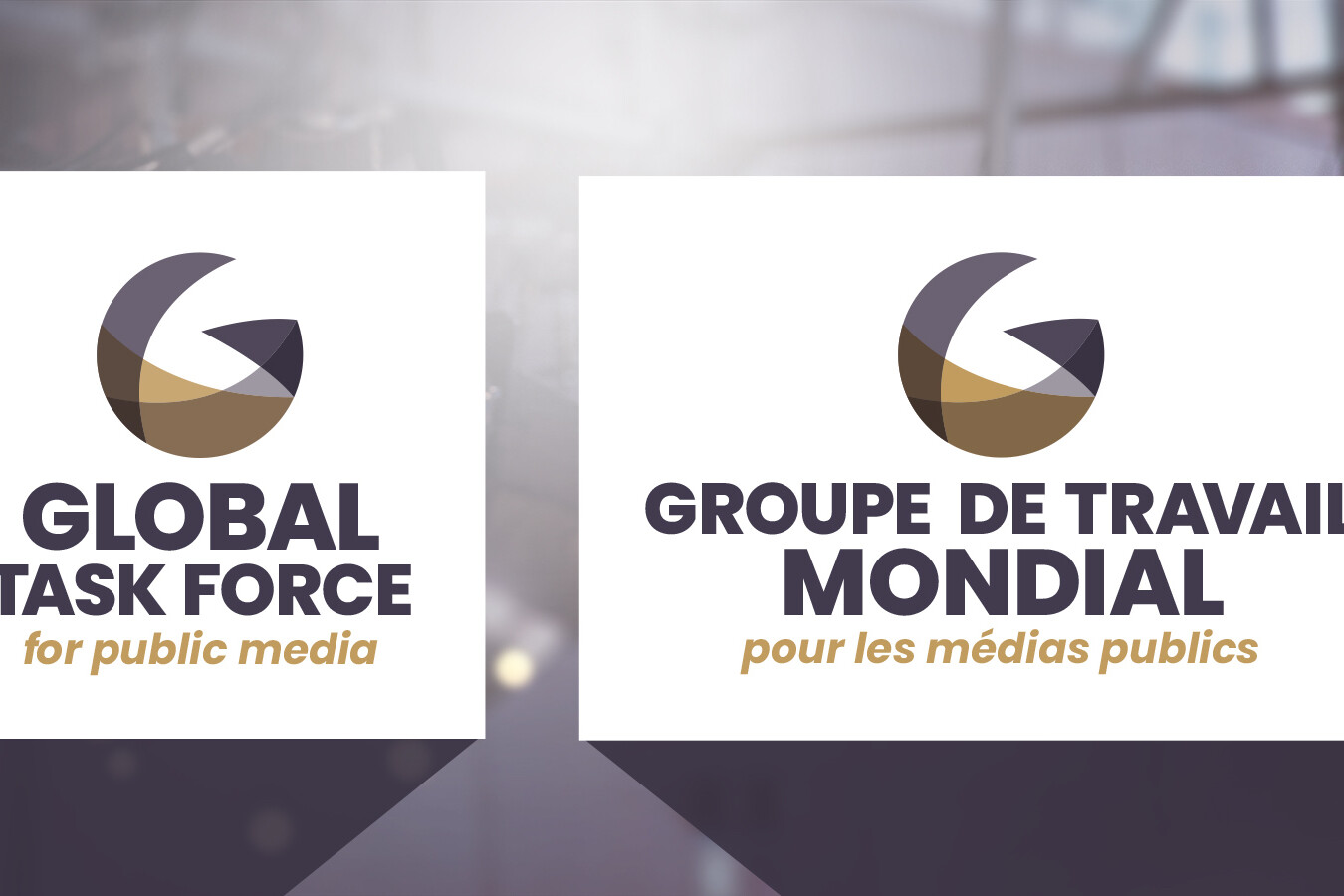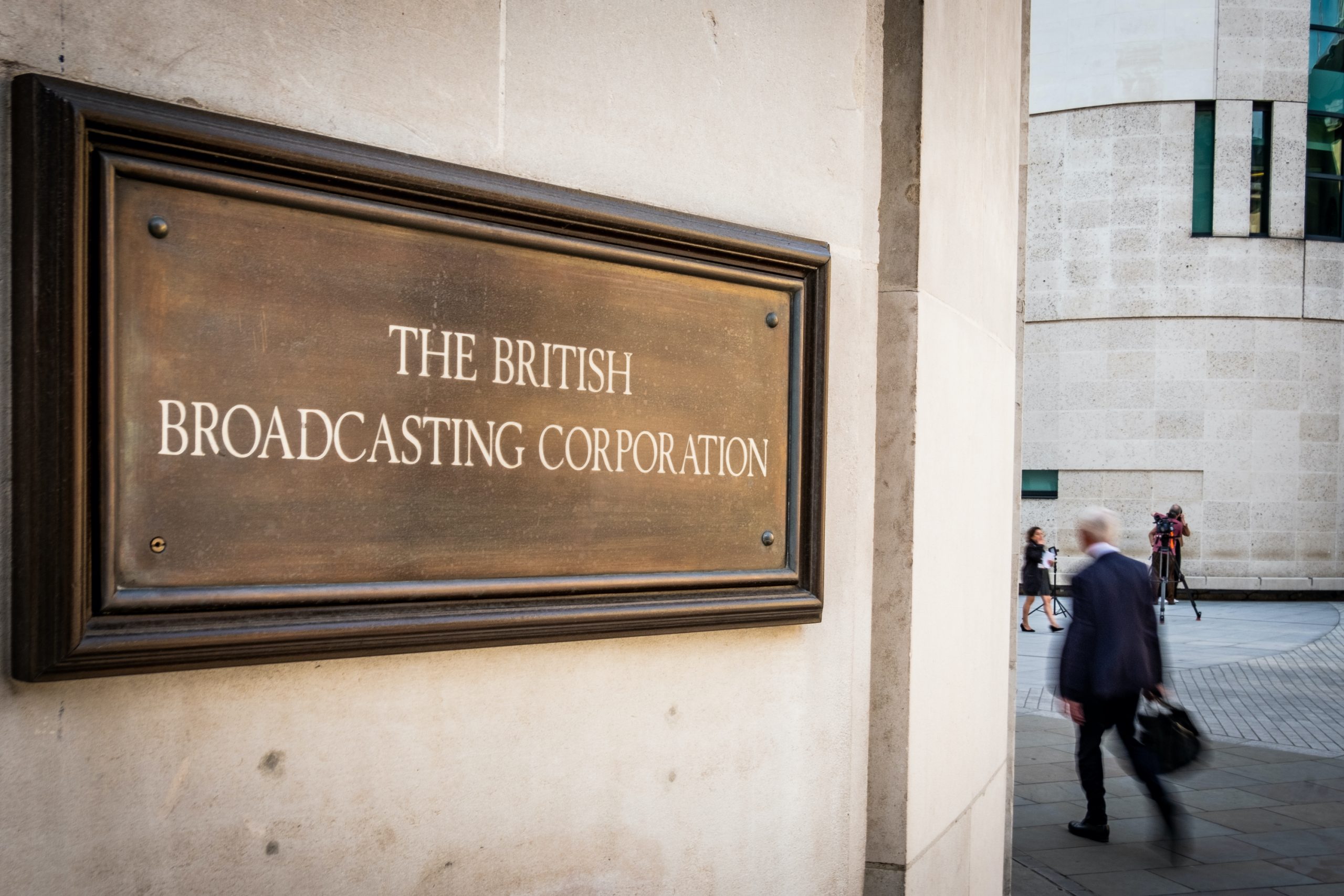Public media goes silent from Russia
7th March 2022
A host of public media organisations have decided to stop broadcasting out of Russia due to safety concerns.

Update 11 March 2022: “On the basis of the examination, ARD and ZDF have also decided in exchange with partners in the EBU to resume reporting from the studios in Moscow on the political, economic and social situation in Russia, but to report on the military situation in Ukraine from other locations of the two public broadcasters.” – ARD and ZDF
Update 8 March 2022: “After careful deliberation we have decided to resume English language reporting from Russia this evening , after it was temporarily suspended at the end of last week” – The BBC.
The BBC, CBC/Radio-Canada, ZDF and many other public media organisations have all halted reporting from Russia due to mounting fears over journalist safety as the war with Ukraine continues.
A new law was passed by the Russian government on Friday which made the spreading of ‘fake news’ illegal – specifically references to the military. The law imposes either fines or jail terms on those found guilty, according to Reuters.
Legislation criminalising “fake news” has been introduced around the world, such as recently in Greece. While the issue of “fake news” is of real concern, the laws brought in to try to tackle that issue have often been used as a front to censor and silence independent news media. But never before have such regulations led to such a substantial reaction from international media organisations that we are currently witnessing with regard to Russia.
Over the weekend, numerous European and North American public media organisations made the decision to stop broadcasting from Russia: ARD and ZDF, the BBC, CBC/Radio-Canada, RAI, RTVE and EFE, and SRF/RSI. Other private news organisations, such as CNN International, ABC News, and Bloomberg have made the same decision.
What are fake news laws?
“Fake News” is a term that has become widely used in recent years. PMA aims to avoid using the term as we believe it is damaging to link the word ‘Fake’ to ‘News’. Simply put, Fake News refers to news content that features misinformation or disinformation. However, the term has become weaponised, with many using it to cast doubts on the truthfulness of claims made by those of opposing views. Governments, in particular, have begun to use legislation to silence dissenting voices. For instance, the Nicaraguan government in October 2020 passed a bill that would make spreading fake news on social media punishable by up to four years behind bars. In Malaysia, there has been a repeal of the 2018 Anti-Fake News Act – which carried a punishment of up to six years in prison and a fine – but discussions are underway for its renewal. Fake News laws are instituted under the guise of targeting “fake news” and protecting the public. But ultimately they often act as tools of censorship and persecution of the media, particularly during times like the COVID-19 pandemic when critical journalism is most needed.
While all these broadcasters have decided to stop broadcasting from Russia, not all have pulled their correspondents out completely. For example, the BBC’s Interim News Director, Jonathan Munro, said their journalists were staying put for the time being.
There is a profoundly bleak picture of press freedom currently being exhibited in Russia. Independent news outlets such as Ekho Moskvy or Dozhd (TV Rain) have been shuttered – also because of the ‘fake news’ law. Noveta Gazeta – the newspaper of Nobel Peace Prize winner, Dmitry Muratov – has deleted any material relating to military action in Ukraine.
Prior to the introduction of the ‘fake news’ law, there were signals the Russian authorities were becoming increasingly intolerant of independent news media. Sarah Rainsford – a BBC correspondent who has reported from Moscow for 20 years – was last year labelled a foreign agent and expelled from the country. In early February, the Kremlin revoked the credentials of Moscow-based staff at Deutsche Welle. Then last week, Russia blocked access to the BBC, VOA, and RFE/RL.
Read more: PMA condemns attack on Kyiv TV tower
Consequently, the ability for Russians to be able to access verified, accurate, and trustworthy journalism is waning. “It is clear that by restricting access to RFE/RL and VOA’s fact-based reporting, the Kremlin hopes to keep its own citizens in the dark and to hide the truth,” said Kelu Chao, acting CEO of the US Agency for Global Media.
This media freedom crisis is twofold. Not only are media organisations being prevented from providing Russian citizens with independent news of what is happening in the rest of the world and specifically in Ukraine, the rest of the world is now being shut out from seeing what is happening in Russia.
For their part, organisations are trying to circumvent the law. The BBC has added two shortwave broadcasts which will broadcast 4 hours of BBC World Service every day. The broadcasts can be heard in Ukraine and parts of Russia. The corporation has also promoted other channels through which the BBC can be accessed, such as through the Tor Browser, or the Psiphon app. And the BBC has also announced it is stepping up its presence on social media, launching Tik Tok accounts dedicated to videos about the war in both. English and Russian.
Additionally, those organisations which have now withdrawn from Russia have promised information out of Russia will not cease. But without journalists operating in Russia, some public media organisations are now solely relying on third parties such as NGOs or other external sources to get information.
Public media organisations are relied on for their veracity, commitments to impartiality, and accuracy. With no reporters on the ground, their ability to provide such information out of Russia has been inexorably damaged by the actions of the Russian authorities.
The decision to stop broadcasting is the right one. Journalist safety is of the utmost importance, and actions by the Russian government demonstrate international correspondents are at risk of imprisonment.
Related Posts
3rd March 2022
Erklärung der Global Task Force zum Angriff auf Rundfunkeinrichtungen in Kiew
Die 'Global Task Force for public…
2nd March 2022
Global Task Force statement on the attack of broadcasting facilities in Kyiv
The Global Task Force (GTF) for public…



